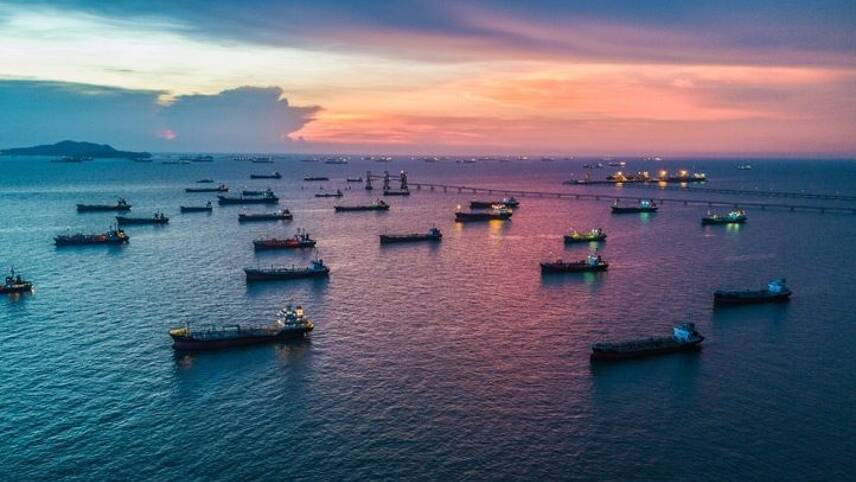Register for free and continue reading
Join our growing army of changemakers and get unlimited access to our premium content

Shipping accounts for about 2% of global greenhouse gases and is considered hard-to-abate
The £60m has been awarded to a range of projects that are harnessing innovation and developing green technology to help decarbonise the maritime sector.
Funding for projects will be provided over a two-year period to help scale-up solutions. Winning projects include building and testing a new fully electric ferry on the River Thames and developing hydrogen-powered vessels to transfer crew to wind farms off the northeast coast of England from the Port of Blyth.
The funding is provided via the third round of the Clean Maritime Demonstration Competition (CMDC3) which forms part of the wider £206m UK Shipping Office for Reducing Emissions (UK SHORE) scheme, announced in March 2022.
Transport Secretary Mark Harper said: “Our maritime sector imports 95% of goods into the UK and contributes £116 billion to our economy – more than both aviation and rail combined. With growing the economy one of the Government’s top priorities, we must continue our efforts to ensure the UK remains a pioneer in cutting-edge clean maritime solutions.
“The funding we’re awarding today will help to do just that, bringing emission-free concepts to life and fuelling innovation.”
The funding comes just days after the Government pledged £77m to invest in developed green maritime technology solutions, in a bid to launch a zero-emission vessel on UK seas by 2025 at the latest.
The £77m funding has been made available through the Zero Emission Vessels and Infrastructure (ZEVI) competition. The competition will be overseen by Innovate UK and funding will specifically target “well-developed” solutions that can be scaled.
Successful projects will be chosen to work with major UK ports and operators to launch a zero-emission vessel by 2025 at the latest. The Government is targeting technologies such as battery electric vessels, shoreside electrical power, low-carbon fuels like hydrogen or ammonia and wind-assisted ferries.
The UK was one of more than a dozen nations signing a new declaration on the creation of zero-emission shipping routes between ports at COP26. The so-called ‘Clydebank Declaration’ is aiming to establish at least six corridors by the mid-2020s, which are likely to be shorter routes, and to add “many more routes”, including long-haul routes, by 2030.
Shipping is currently responsible for around 3% of global CO2e emissions, but researchers for the European Parliament believe this proportion could rise to 17.5% by mid-century without a step-change in approach.


Please login or Register to leave a comment.